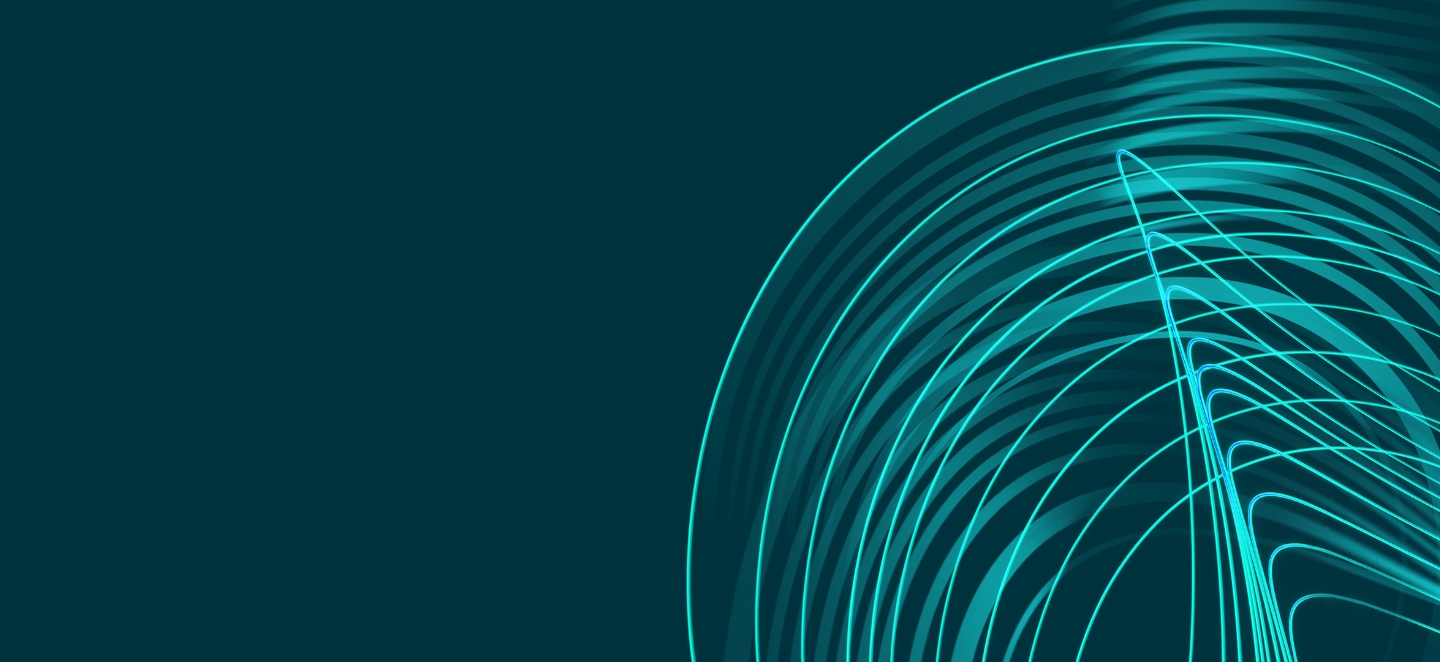Tax-free fringe benefits for expats in China

Since 1994, China has allowed expatriate employees in the country to receive certain fringe benefits on a tax-free basis.
The use of fringe benefits to lower an expatriate’s income tax benefit is worthwhile, although there have been some changes to the regulations over the years. While it is important to keep accurate records, as the tax office may request these at any time, the pre-approval of fringe benefit tax exemptions is no longer required.
Housing, meals and laundry expenses
Housing allowances, plus “reasonable” meal and laundry allowances received by an expatriate employee in non-cash form (e.g. paid directly by the employer) or on a reimbursement basis are usually tax-exempt. Many tax officials require appropriate rental agreements, valid commercial invoices and other supporting documents to be submitted when filing individual income tax returns. The “reasonableness” of expenses is generally assessed on the basis of the employee’s level compared with the expenses of other expatriates at a similar level. The tax authorities reserve the right to make tax adjustments if the supporting documents do not sufficiently prove that the claimed allowances are reasonable.
The reimbursement of “reasonable” relocation expenses at the beginning or end of an expatriate’s assignment in China are also generally exempt from individual income tax. As with other allowances, it’s important to obtain and maintain supporting documents. Note that “relocation reimbursement” payments made to an expatriate on a monthly or other regular basis are not eligible for tax exemption.
Travel costs
Home leave allowances are generally exempt from Chinese individual income tax, as long as the expatriate can provide the relevant transport receipts or invoices. The home leave allowance covers up to two trips per year from China to the employee’s home (or to the home of the employee’s spouse or parents). However, only the cost of the employee’s travel is tax exempt. Spouse or other family members’ travel costs paid by the employer are considered as taxable income to the employee.
Other “reasonable” travel allowances provided to an expatriate for travel within or outside of China can also be exempt from individual income tax, again as long as receipts and other supporting documents are submitted to the tax authorities. In practice, however, some tax officials take a strict approach and include all such travel allowances as taxable income.
Spouses and children
If a spouse and/or children accompanies the expatriate employee on assignment to China, a reasonable allowance for language training and children’s education is exempt from individual income tax. Evidence must be provided to prove that the language training or education is obtained in China during the expatriate assignment period. Reasonableness is generally determined by analysing education fees charged in the area.
Other exemptions
Expatriate and domestic employees are now eligible to receive commercial supplementary medical insurance on a tax-free basis, but limits do apply. Furthermore, all employees can receive a single annual performance bonus at a significantly reduced tax rate. It’s usually beneficial to provide an employee with a substantial annual bonus, rather than to offer cost of living or other assignmentrelated salary adjustments.
Get professional advice
To sum up, employers should undertake an analysis of the available tax-free fringe benefits and how they can be utilised to maximise employee remuneration without adding to the overall tax burden. This will also help the employer ensure that any benefits paid to the expatriate employee are tax deductible for corporate income tax purposes. It’s important to get advice from a Chinese taxation specialist to maximise these benefits.
For more information, contact:
Flora Luo or Scott Heidecke
Nexia TS, China
E: floraluo@nexiats.com.cn
E: scott@nexiats.com.cn
T : +86 21 6047 8716
W: www.nexiats.com.cn
Share:
